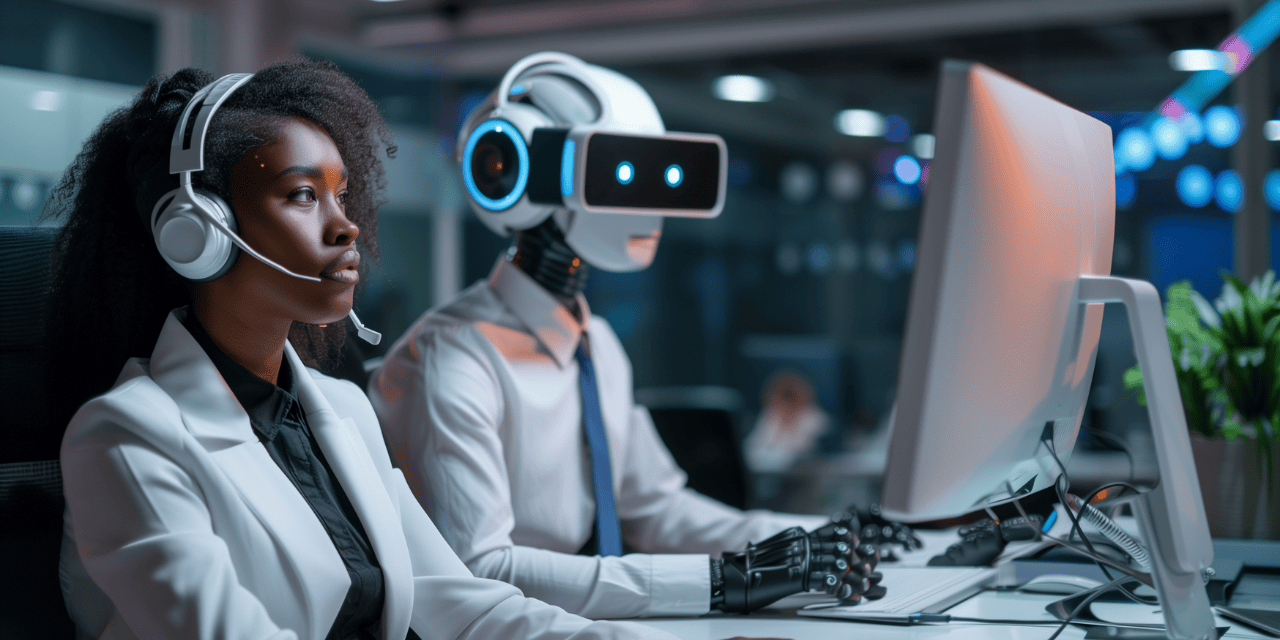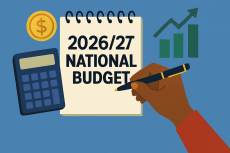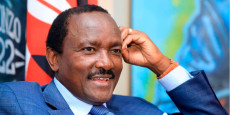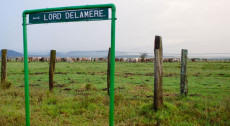- The debate shouldn't be about whether AI is taking over. It should be about how many are willing to rise with it.Those who harness it are opening doors, not closing them.
The presence of Artificial Intelligence (AI) is becoming more than a tool, it is a force shaping the future of work.
While there are whispers of panic in boardrooms and schools about machines replacing people, the real story lies elsewhere. It’s not AI stealing jobs. It’s the people who know how to use AI who are changing the game.
Jobs are not vanishing into thin air. They are transforming. Across industries, the nature of work is being redefined, not erased.
AI is not a robber in the night. It is a new kind of hammer, and in the hands of someone who understands it, it builds something extraordinary. But for those unfamiliar or resistant to change, it can feel like watching an unfamiliar language take over their livelihood.
Think of the graphic designer who once spent hours perfecting a logo sketch now generating options in minutes with AI assistance, and having more time to focus on creativity and client relations. Or the writer who uses AI to organize thoughts, brainstorm ideas, and check grammar, while still weaving emotion and soul into every line.
Read More
The tool itself doesn’t do the job. It’s the person behind it, guiding it, refining its output, and adding human intuition and artistry.
The fear isn’t really about AI. It’s about being left behind. It’s about the discomfort of not understanding the tools others seem to navigate so easily. But just like the computer didn't eliminate jobs in the '90s, AI isn’t an endpoint. It’s a beginning.
Those who are open to learning how to work with it, not against it, are the ones finding themselves in control, not in crisis.
There’s a quiet irony to the panic. At the heart of it, AI doesn’t think like us, feel like us, or dream like us. It mirrors data. It predicts patterns. But it doesn’t imagine futures. Humans still hold the core power of innovation. The issue is not about being replaced. It’s about being upskilled.
Resisting AI is like refusing to use the internet when it first appeared. The world moves on with or without permission.
Jobs have always evolved. The printing press changed writing. The typewriter changed offices. The computer changed everything. Now, AI is changing it again.
But change does not mean erasure. It means adaptation. It means learning a new tool to stay relevant, competitive, and creative.
The most powerful professionals today are not the ones with the longest CVs or the highest degrees. They are the ones who are curious. The ones who experiment. The ones who see AI not as a threat, but as a partner.
Because at the end of the day, AI cannot steal what it cannot understand: human instinct, empathy, imagination, and the unique messiness that makes our work meaningful.
So the debate shouldn't be about whether AI is taking over. It should be about how many are willing to rise with it.
Those who harness it are opening doors, not closing them. And the real competition is no longer between man and machine, it’s between those who use the machine and those who don’t.











